Quiz of the week 6-12 June
Test your recollection of the last seven days with MoneyWeek's quiz of the week.

Get the latest financial news, insights and expert analysis from our award-winning MoneyWeek team, to help you understand what really matters when it comes to your finances.
You are now subscribed
Your newsletter sign-up was successful
Want to add more newsletters?

Twice daily
MoneyWeek
Get the latest financial news, insights and expert analysis from our award-winning MoneyWeek team, to help you understand what really matters when it comes to your finances.

Four times a week
Look After My Bills
Sign up to our free money-saving newsletter, filled with the latest news and expert advice to help you find the best tips and deals for managing your bills. Start saving today!
1. Which London airport is the latest to announce job cuts as the aviation industry continues to struggle?
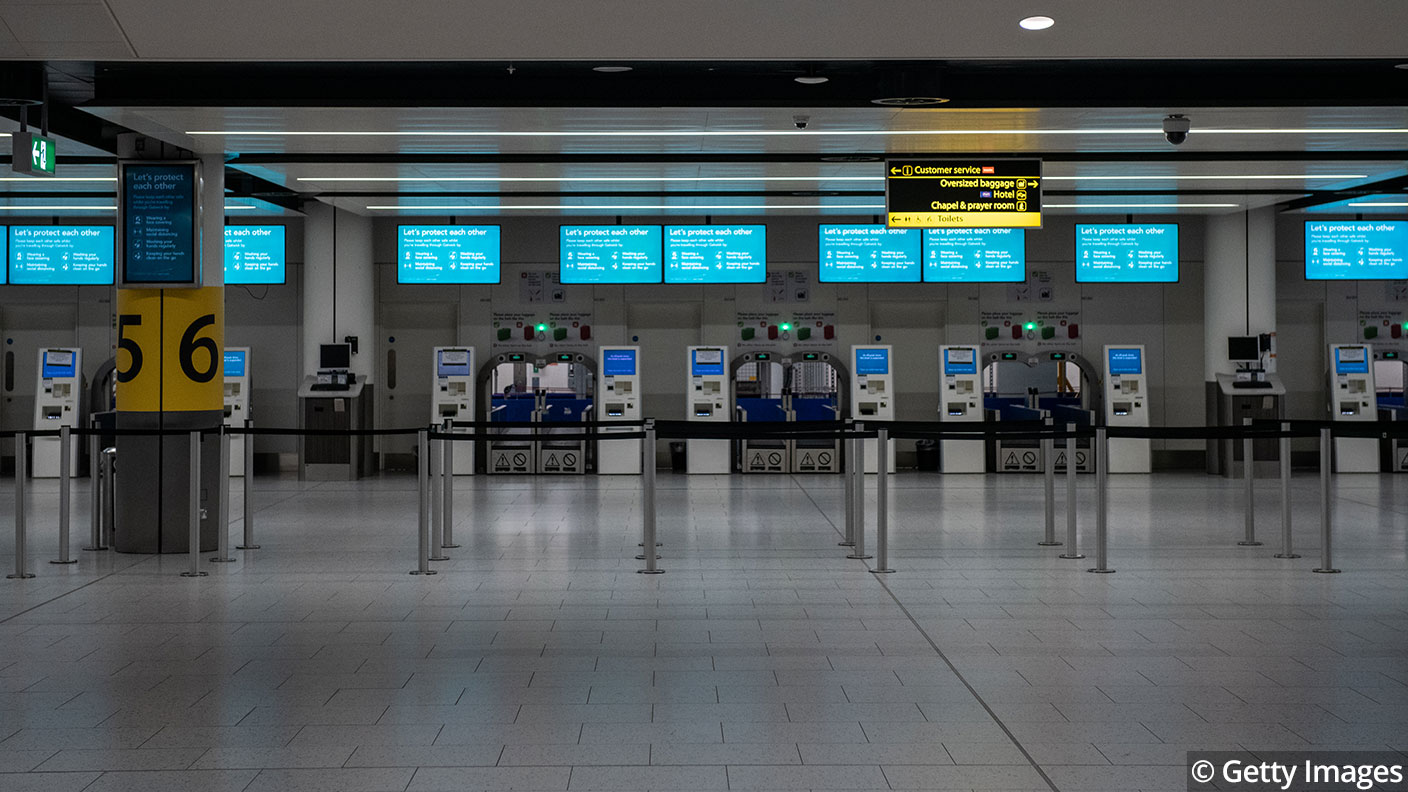
a. Gatwick
b. London City Airport
MoneyWeek
Subscribe to MoneyWeek today and get your first six magazine issues absolutely FREE

Sign up to Money Morning
Don't miss the latest investment and personal finances news, market analysis, plus money-saving tips with our free twice-daily newsletter
Don't miss the latest investment and personal finances news, market analysis, plus money-saving tips with our free twice-daily newsletter
c. Heathrow
d. Stansted
2. Until when does the Federal Reserve predict interest rates will be kept close to zero?
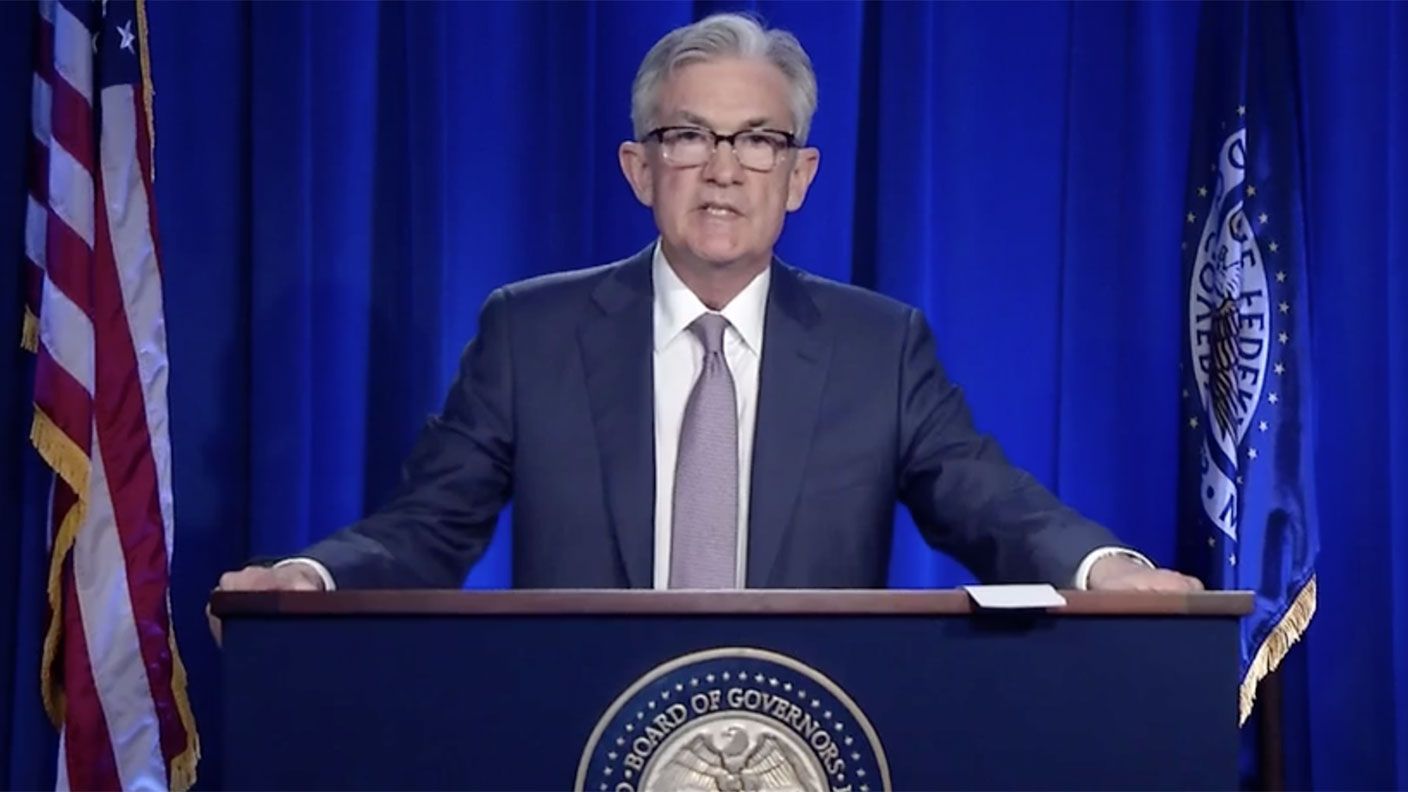
a. End of 2020
b. It didn’t
c. Start of 2021
d. End of 2022
3. Boris Johnson is facing criticism over the government’s handling of the coronavirus pandemic after Imperial college professor and former member of the government’s Scientific Advisory Group for Emergencies Neil Ferguson said the death toll could have been reduced by how much if lockdown had started a week earlier?
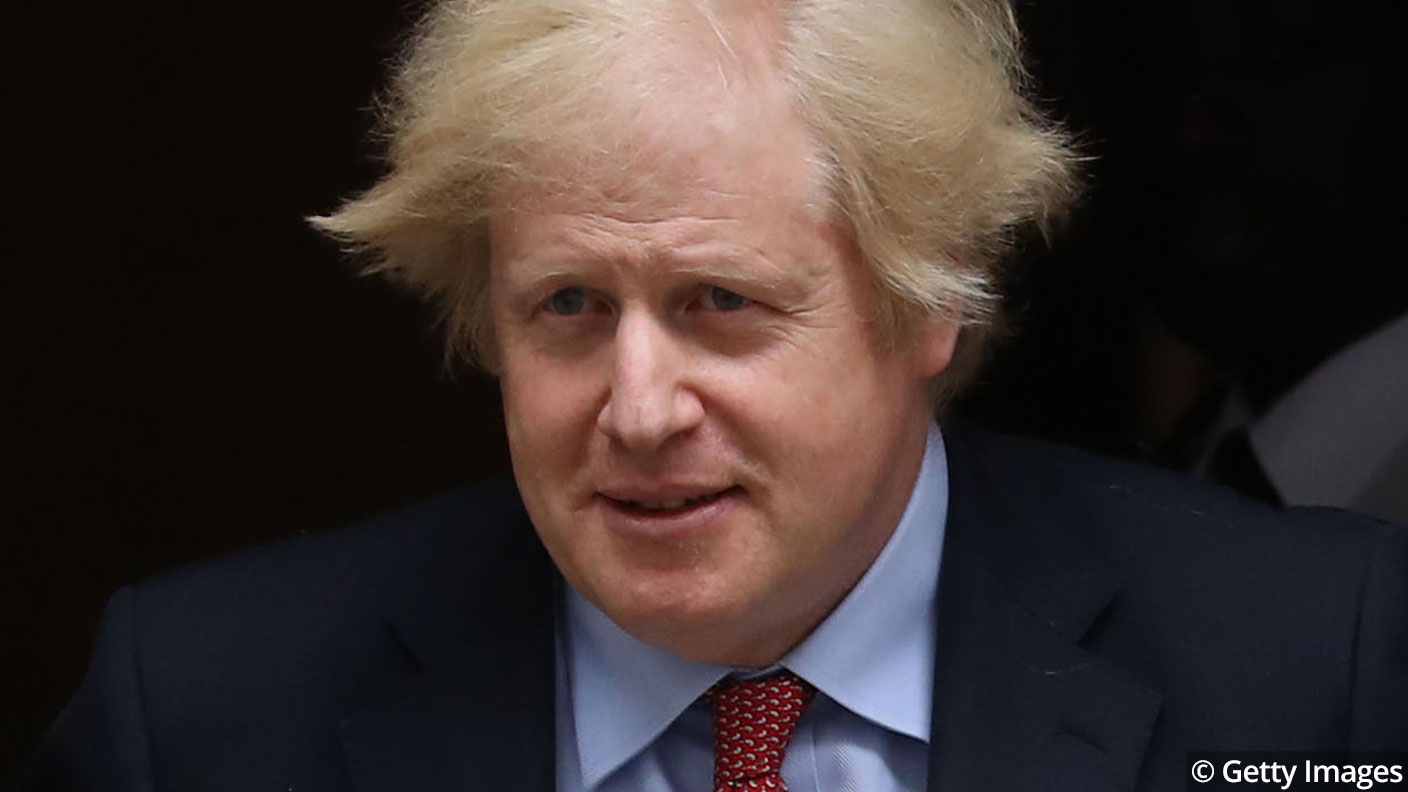
a. 50%
b. 33%
c. 25%
d. 60%
4. The statue of which English figure was pushed into Bristol Harbour this week by Black Lives Matter demonstrators?
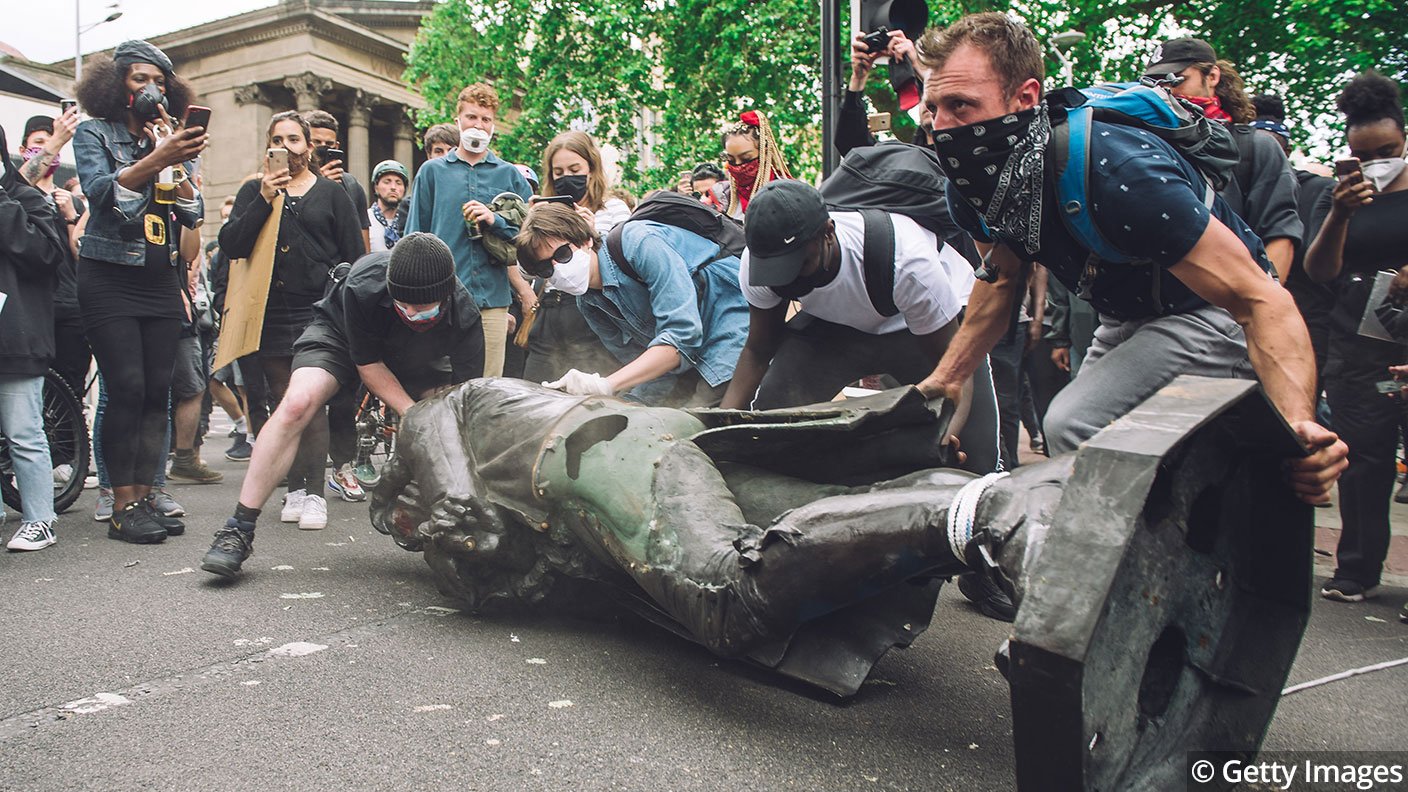
a. Cecil Rhodes
b. Edward Colston
c. Robert Baden Powell
d. John Hawkins
5. Which age group has been the hardest hit by the lockdown financial squeeze?
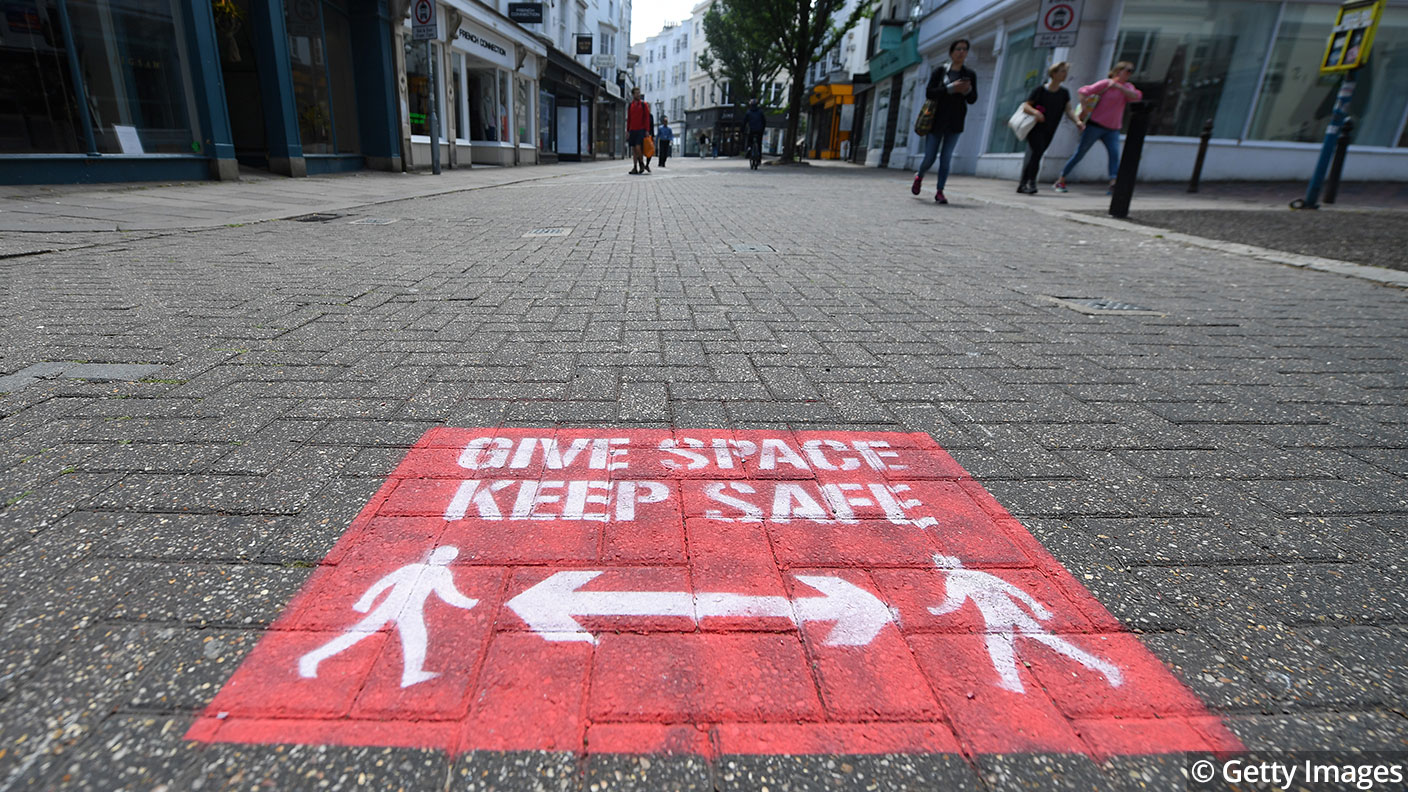
a. Under 30s
b. 30 to 49
c. 50 to 64
d. 75 or over
6. By how much did Britain’s economy shrink in April?
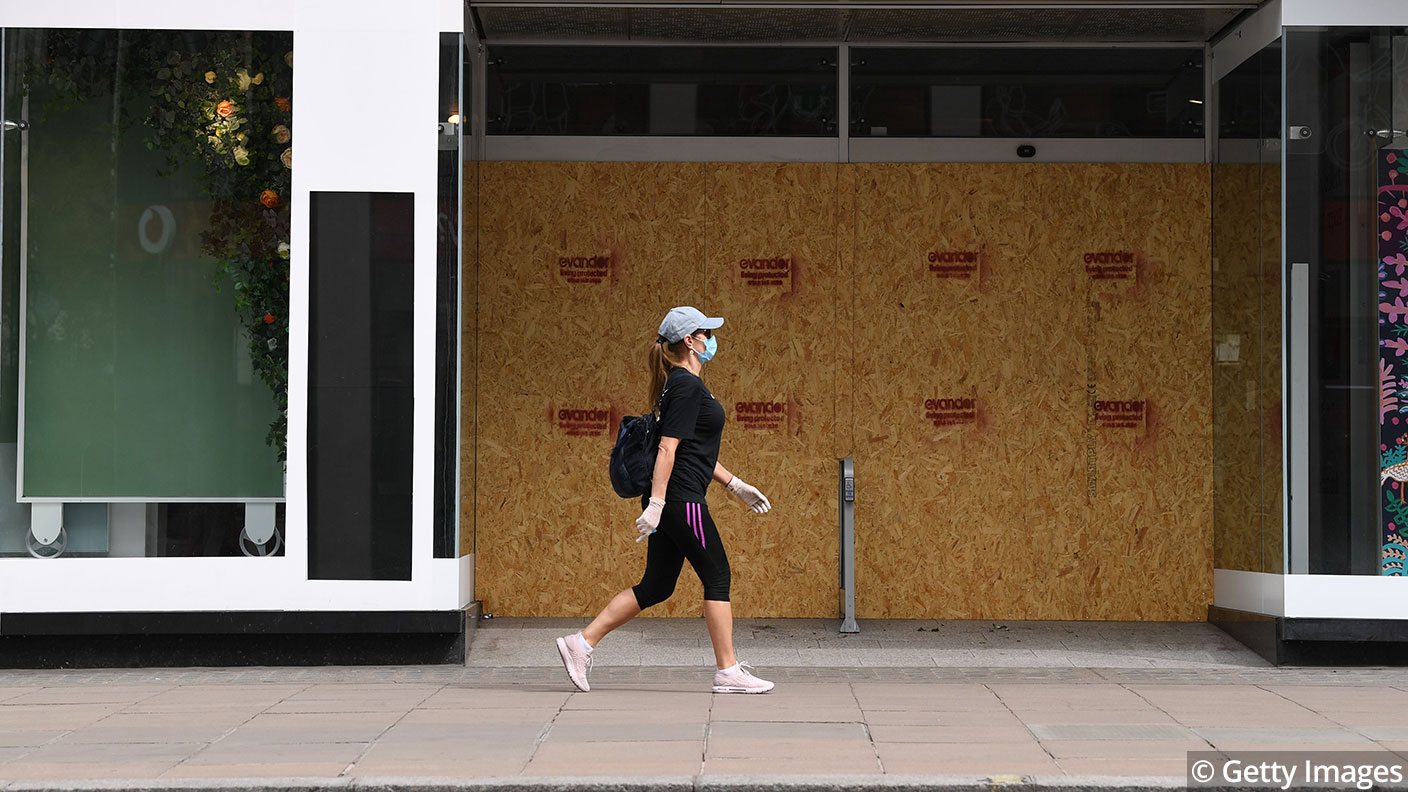
a. 22.4%
b. 21.4%
c. 23.4%
d. 20.4%
7. The president of which African country died unexpectedly last week of heart failure?
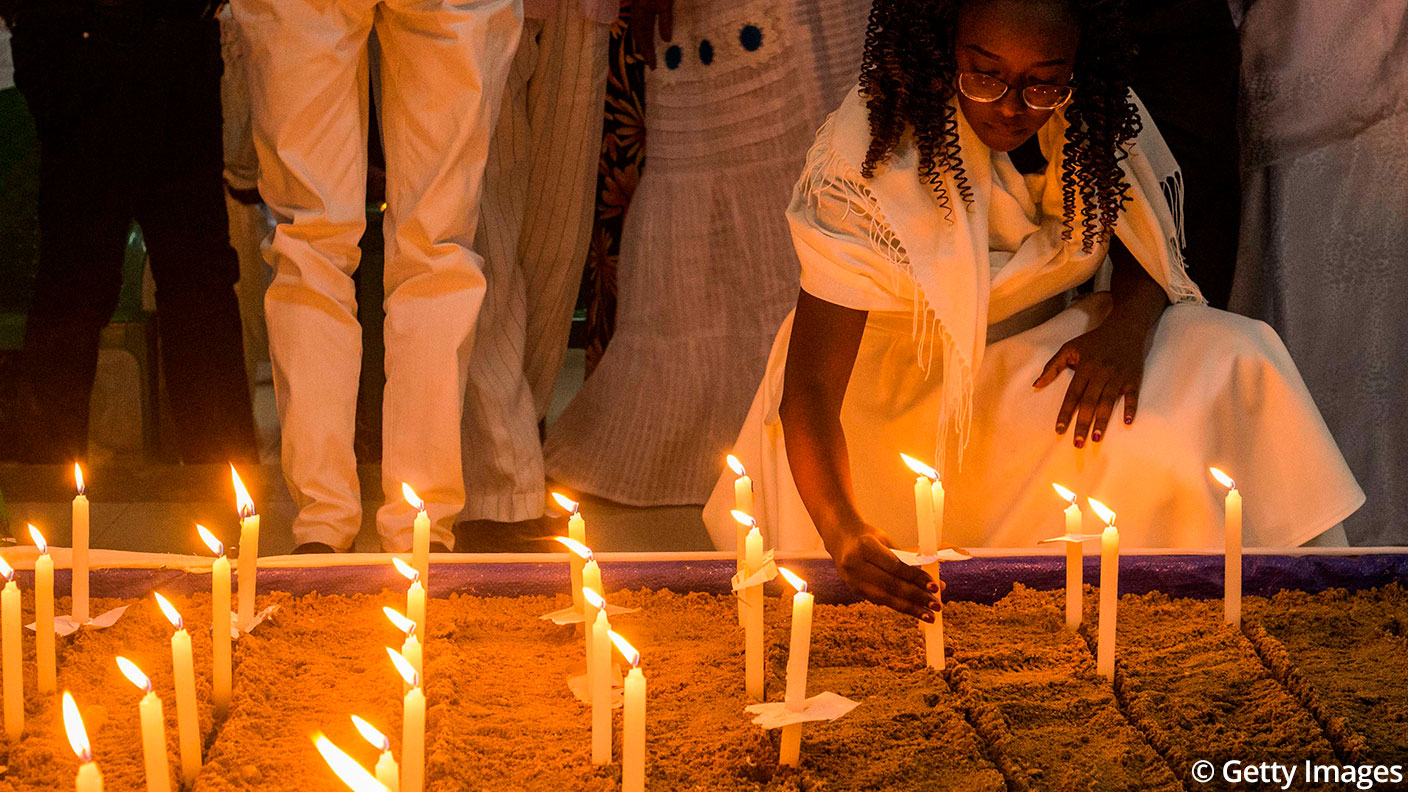
a. Burundi
b. Rwanda
c. Tanzania
d. Uganda
8. China warned its citizens not to travel to which country after political tensions continued to rise this week?
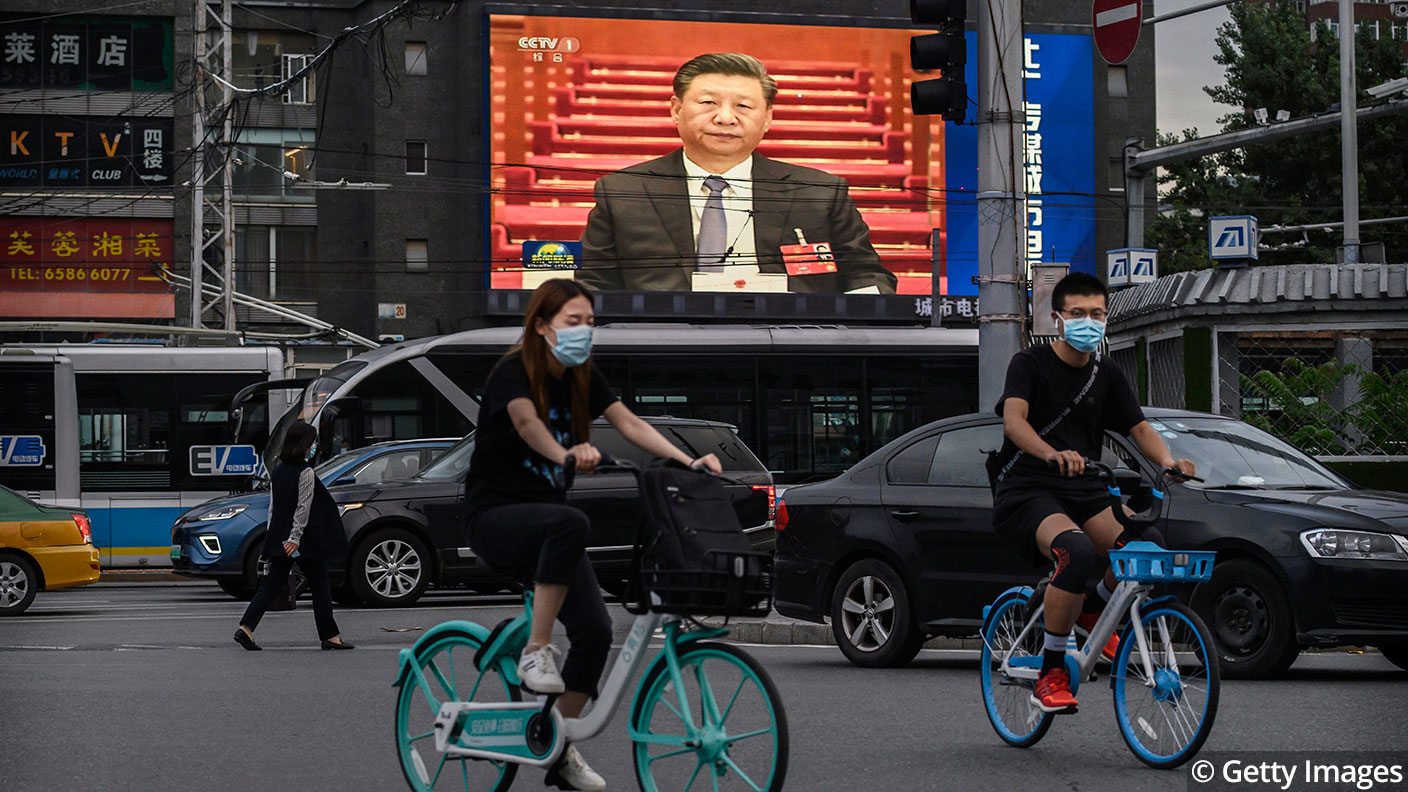
a. US
b. Australia
c. Hong Kong
d. India
9. By how much does the use of face-masks slow the growth in new cases of Covid-19?
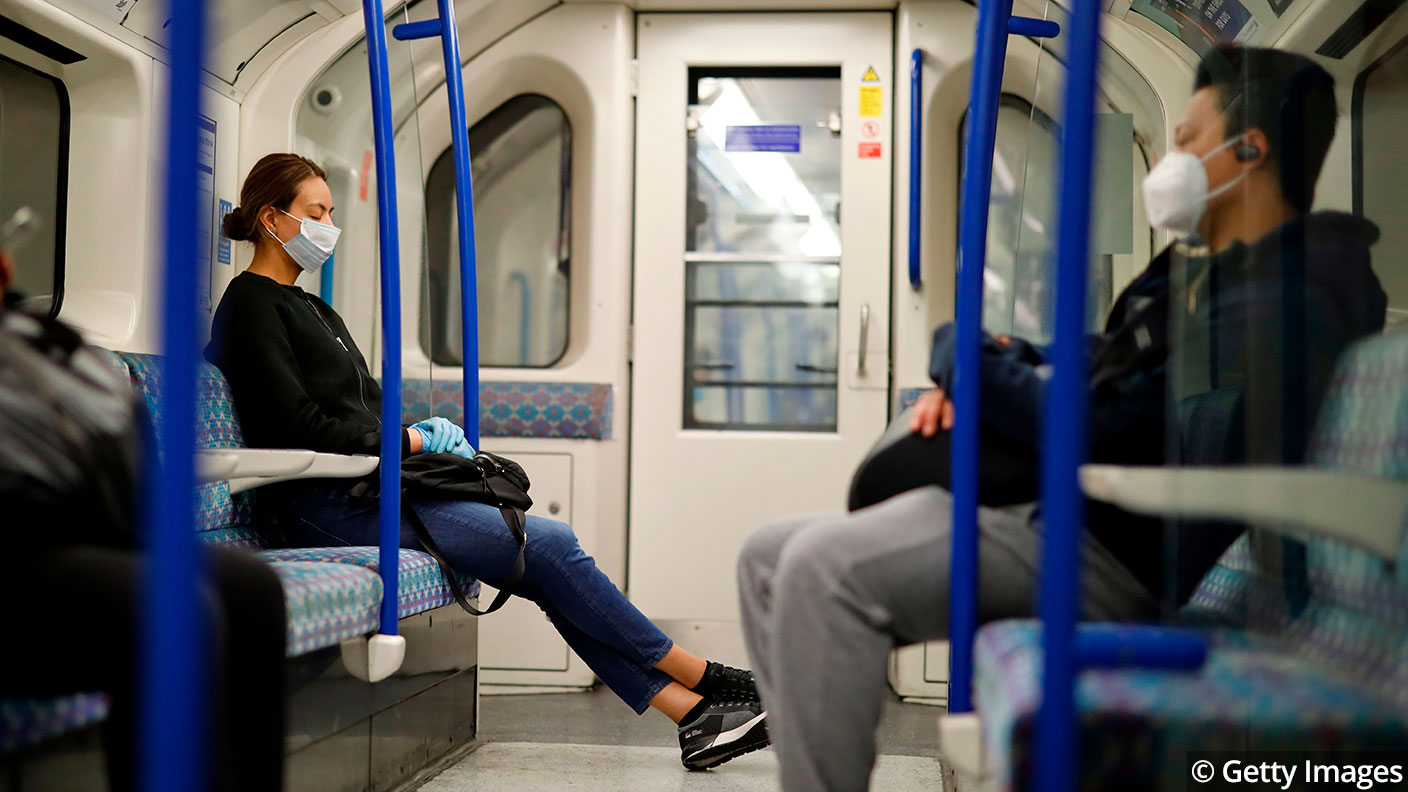
a. 20%
b. 40%
c. 80%
d. 100%
10. Which bank was fined £64m for unfairly treating customers who were struggling to repay mortgages?
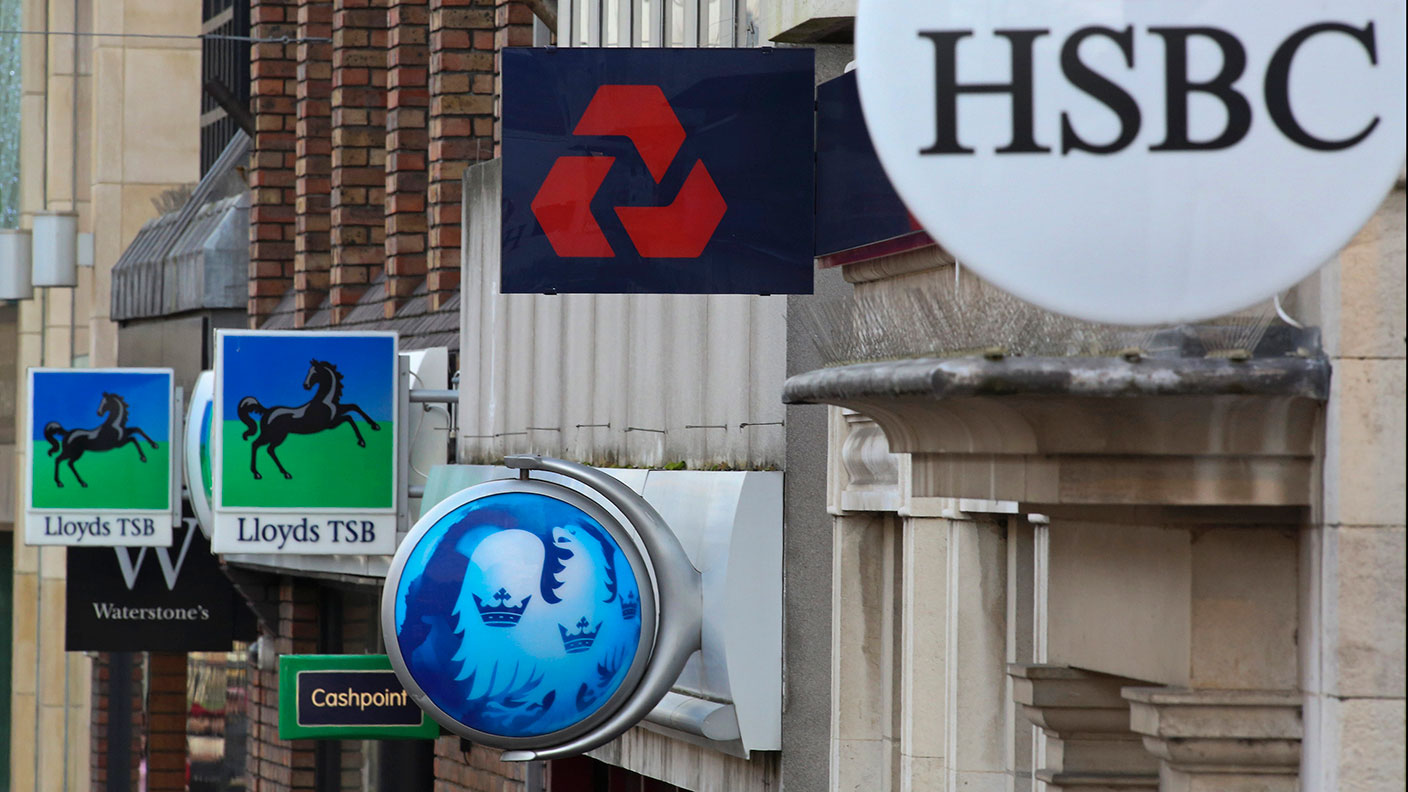
a. Halifax
b. Barclays
c. Lloyds
d. NatWest
Answers
1. c) Heathrow.
The introduction of a 14-day quarantine on arriving travellers is set to further damage the aviation industry. Heathrow, usually Europe’s busiest international airport, said passenger numbers were down by 97% in May compared to the same time last year.
2. d) End of 2022.
“The Fed left interest rates unchanged at 0-0.25% by a unanimous vote and pledged to continue buying Treasuries and mortgage-backed bonds at least at the current pace,” says the Financial Times.
3. a) 50%
Britain’s official death toll stands at 41,279.
4. b) Edward Colston
Colston was a merchant who profited from the slave trade. His ships are believed to have taken 80,000 Africans as slaves to the Americas between 1672 and 1689.
5. a) Under 30s
With little in savings and fewer chances to cut spending, under 30s have been hit hardest by the fall in their income during lockdown, says the BBC.
6. d) 20.4%
Official figures for GDP from the Office for National Statistics showed the first full month of lockdown triggered an economic crash “three times greater than the 2008 financial crisis”, says Richard Partington in The Guardian.
7. a) Burundi
Longtime leader Pierre Nkurunziza, 55, died weeks after an election had confirmed his successor.
8. b) Australia
The travel warning due to “a rise in racial discrimination” represents “a further fraying” in relations between the trade partners which began in mid-April when Australia criticised Beijing’s handling of the coronavirus outbreak, says Alice Uribe in The Wall Street Journal
9. b) 40%
A German study which used the introduction of masks in shops and public transport as a natural experiment found face-masks slowed the spread of the virus by 40%.
10. c) Lloyds
Get the latest financial news, insights and expert analysis from our award-winning MoneyWeek team, to help you understand what really matters when it comes to your finances.
Nic studied for a BA in journalism at Cardiff University, and has an MA in magazine journalism from City University. She has previously worked for MoneyWeek.
-
 Should you buy an active ETF?
Should you buy an active ETF?ETFs are often mischaracterised as passive products, but they can be a convenient way to add active management to your portfolio
-
 Power up your pension before 5 April – easy ways to save before the tax year end
Power up your pension before 5 April – easy ways to save before the tax year endWith the end of the tax year looming, pension savers currently have a window to review and maximise what’s going into their retirement funds – we look at how
-
 What's behind the big shift in Japanese government bonds?
What's behind the big shift in Japanese government bonds?Rising long-term Japanese government bond yields point to growing nervousness about the future – and not just inflation
-
 UK wages grow at a record pace
UK wages grow at a record paceThe latest UK wages data will add pressure on the BoE to push interest rates even higher.
-
 Trapped in a time of zombie government
Trapped in a time of zombie governmentIt’s not just companies that are eking out an existence, says Max King. The state is in the twilight zone too.
-
 America is in deep denial over debt
America is in deep denial over debtThe downgrade in America’s credit rating was much criticised by the US government, says Alex Rankine. But was it a long time coming?
-
 UK economy avoids stagnation with surprise growth
UK economy avoids stagnation with surprise growthGross domestic product increased by 0.2% in the second quarter and by 0.5% in June
-
 Bank of England raises interest rates to 5.25%
Bank of England raises interest rates to 5.25%The Bank has hiked rates from 5% to 5.25%, marking the 14th increase in a row. We explain what it means for savers and homeowners - and whether more rate rises are on the horizon
-
 UK inflation remains at 8.7% ‒ what it means for your money
UK inflation remains at 8.7% ‒ what it means for your moneyInflation was unmoved at 8.7% in the 12 months to May. What does this ‘sticky’ rate of inflation mean for your money?
-
 Would a food price cap actually work?
Would a food price cap actually work?Analysis The government is discussing plans to cap the prices of essentials. But could this intervention do more harm than good?
